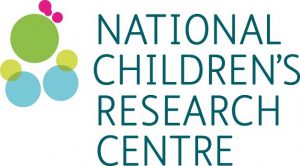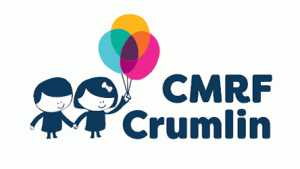Despite the many advances in cancer therapy, the survival of patients diagnosed with malignant gliomas and in particular glioblastoma multiforme (GBM), the most common and aggressive form of brain cancer, remains dismal at approximately 12 months. The broad focus of Dr Murphy’s research in the RCSI is the induction of apoptotic cell death in malignant gliomas as these brain tumours are highly resistant to this particular form of cell death, resulting in cancer progression. The overall aim of Dr Murphy’s research is to increase the susceptibility of gliomas to apoptosis, thereby enabling current and future therapies to be more effective and hence improve patient survival.
The team’s research areas include:
- Delineating apoptotic signaling pathways in gliomas, with particular reference to the role of the Bcl-2 family (pro- and anti-apoptotic members) in the cell death resistant phenotype of gliomas
- Computational modelling of apoptotic cell death in gliomas
- More recently, research has also begun on glioma stem cells and their role in brain tumor malignancy
Dr Murphy’s current research focus is on the activation of apoptosis within gliomas. Her research is funded by grants from the RCSI, HRB. Dr. Murphy has recently been selected as a member of the Irish Association for Cancer Research Council. Dr Murphy will represent RCSI on this council.
Publications: see also https://www.systemsmedicineireland.ie/publications/
Project 1
Validation of the APOPTO-CELL modelling environment as a superior predictor of treatment responsiveness in newly diagnosed and recurrent GBM patients This is funded by H2020 ITN Grant # 766069 GLIOTRAIN.

Project 2
Improving and personalising chemotherapy treatment options for paediatric brain tumour patients.and is funded by the National Children’s Research Centre that is supported by the CMRF, Crumlin. Haleema is from Dublin and is funded by the same source.

